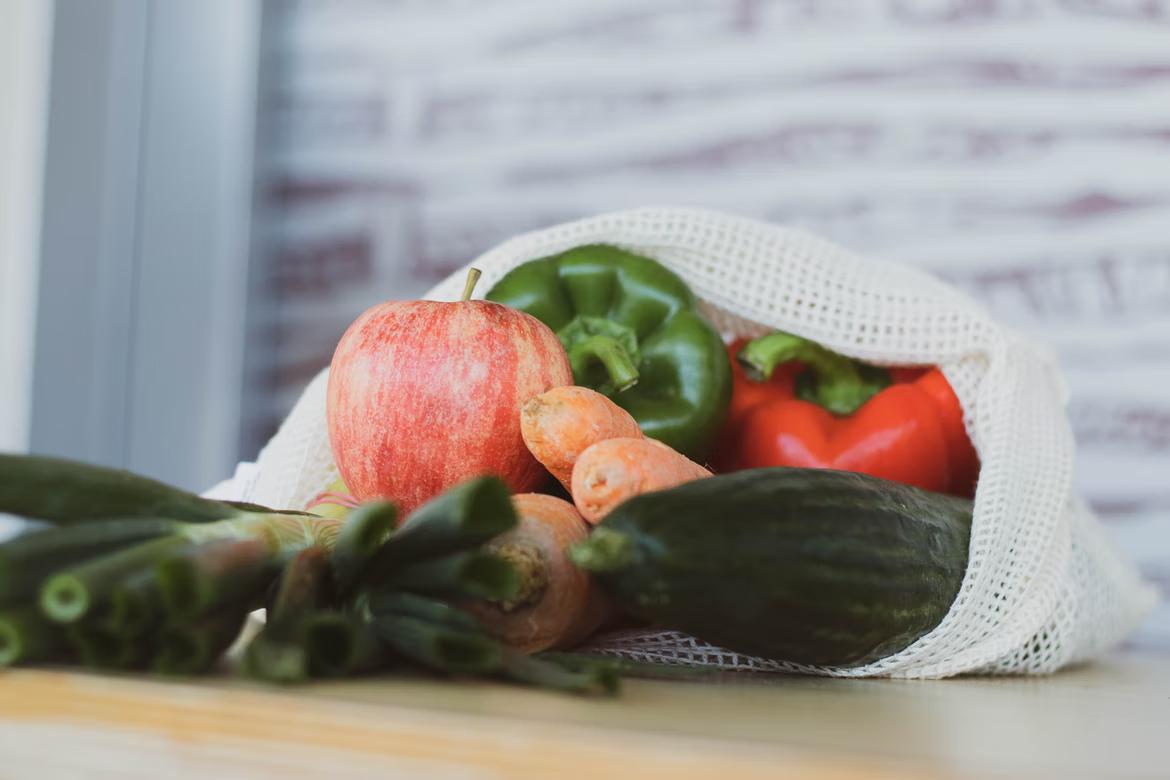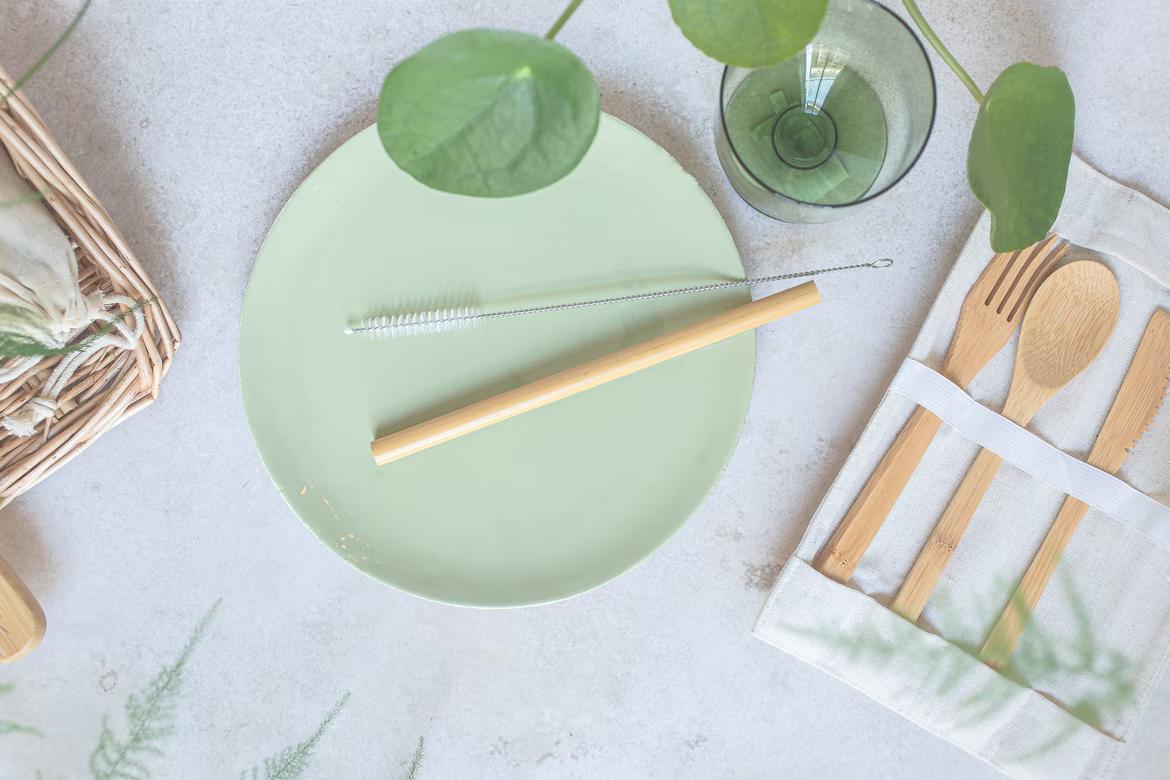One of the greatest myths is that crafting a more eco-friendly home is expensive and difficult. This is not true.
Often, you already possess items which will help you be more sustainable.
Equally, many companies with ethical, environmentally-friendly goals are offering subscription services for your essential home items, saving you time, energy and money in comparison with your old shopping habits.
Making small, sustainable changes is what is important. And with these five tips you will help to save both the planet and your own money too!
#1 Opt for Eco-Friendly Cleaning Products
Many cleaning products have a frightening secret. They contain substances hidden in complex Latin-Esque ingredients lists that you do not want in your surface spray and laundry detergent. As well as dangerous toxins, many cleaning products contain cleverly named animal products, including animal fat and nerve tissue.
Companies like Spruce and Smol offer vegan cleaning products, which are also not tested on animals. The commitment of such companies to reducing plastic packaging and offering helpful subscription services are also huge benefits.
#2 Reduce the Plastic Packaging in Your Weekly Shop

That passing feeling of disgust and confusion as you peer down at your thrice plastic-wrapped mushrooms is your ally. There is simply no need for fruit and vegetables (and indeed many other food products!) to be wrapped in plastic.
You might argue that you always sensibly recycle your plastic packaging - so it can’t be that bad, can it? The answer is yes - given that even the top recycling countries only recycle around 50% of what could be recycled (according to data from the European Environment Agency). And, reducing our consumption of plastic will always have a greater positive environmental impact than recycling it.
So, what is the solution?
Avoid plastic packaging. This might seem difficult, but even opting for products packaged in paper, cardboard, tin or glass is better than plastic. Bulk buying is also a good way to reduce your plastic packaging consumption - you will even save yourself some money!
Explore local markets and stores - often these little gems offer zero-waste produce and have the handy benefit of having been grown/made locally, so you’ve reduced the mileage too!
#3 Ditch the Bottle
The amount of plastic packaging (and toxins and hidden animal products, for that matter) that lurk in our bathrooms is quite shocking.
Ditching the shampoo, conditioner and showergel bottle in favour of zero-waste options is better for the planet, and often your wallet too!
Many companies, like Ethique and Lush, offer vegan plastic-free products which can match the quality of your plastic bottled favourites.
Even simply choosing to buy soap over showergel will remove 24 plastic bottles per household per year from the waste system (according to a survey by SWNSDigital).
Swapping out your toothpaste tube (a product that is notoriously difficult to clean and recycle) for an aluminium tube or even toothpaste tablets will also improve your bathroom’s green footprint.
#4 Choose Reusable

You may have seen heart-rendering images of the seas filled with plastic and heard that 90% of all marine animals have ingested plastic (as shown in evidence collated by the WWF). But equally how many times have you ignored this knowledge and forgotten your reusable cup or blithely accepted a plastic straw in a restaurant? It can be hard to forego convenience.
Preparation is key. Whether it is a beautiful set of matching bamboo cutlery or an eclectic collection of old cutlery that has been lying dead in the drawer, carrying your own reusable cutlery is a good way of ensuring you can refuse plastic hand-outs.
Reusable water bottles, coffee cups, straws, beeswax food wraps (or vegan alternatives) and Tupperware are also excellent things to have to hand. And it doesn’t mean you need to rush out to buy some - using what you already possess is always better than buying new.
But if you are in need of new reusable items, items made of bamboo, stainless steel or silicone (among others) are usually environmentally friendly options.
#5 Say Goodbye to Fast Fashion
Have you ever thought about that t-shirt you threw out after two wears when you decided it wasn’t fashionable anymore?
Did you know that 85% of all clothing ends up in landfills and incinerators? (The statistic is from a report by GoodonYou). Much of this could have been reused, but fast fashion doesn’t encourage us to keep our clothes for the long term.
Textile production is one of the most polluting industries on the planet. And we all have far more clothes than we actually need. Many of us have clothes that we don’t even like or that don’t fit us properly.
Choosing to spend consciously when it comes to fashion can mean different things to different people. We’re not talking about wearing potato sacks!
Simply curbing your clothes spending would make a difference. Avoiding fabrics like polyester would help to reduce pollution and reduce the number of microplastics in the oceans.
Shopping vintage. Repairing and re-wearing your clothes. Donating your old clothes to charity. Looking into the ethics of the company which you are buying clothes from. All are viable stops on your longer journey to finally say goodbye to fast fashion.